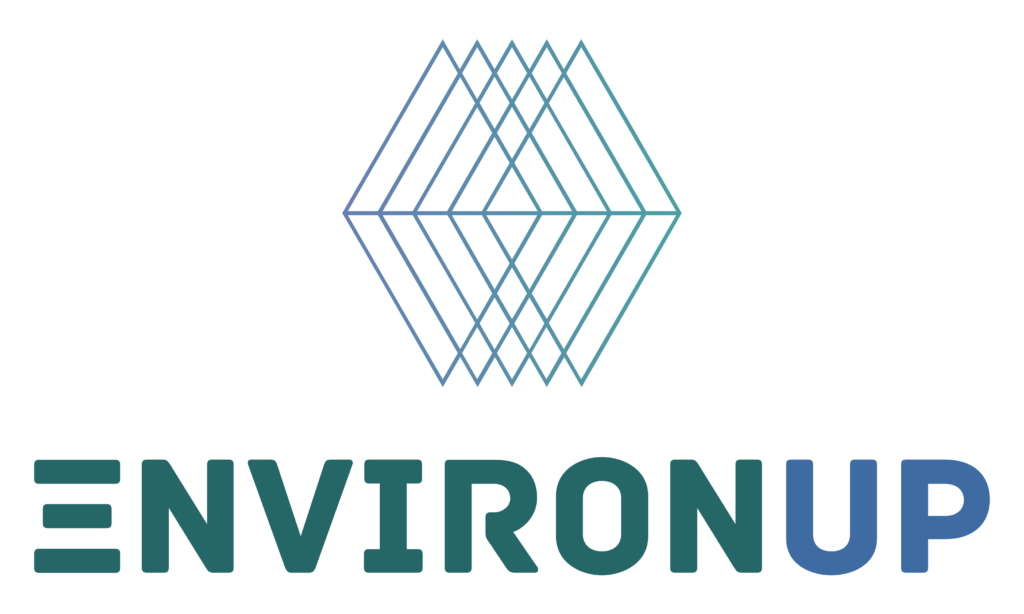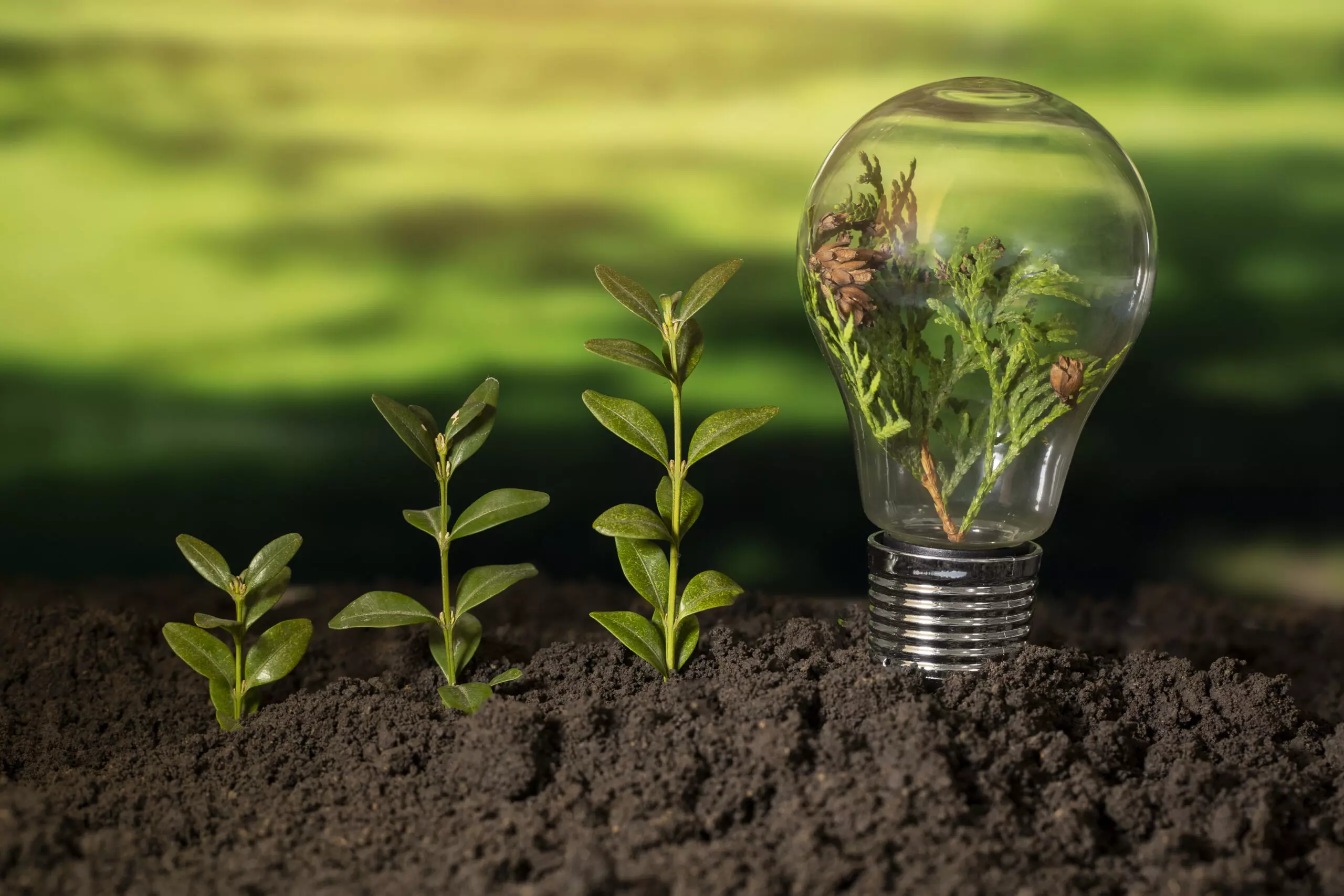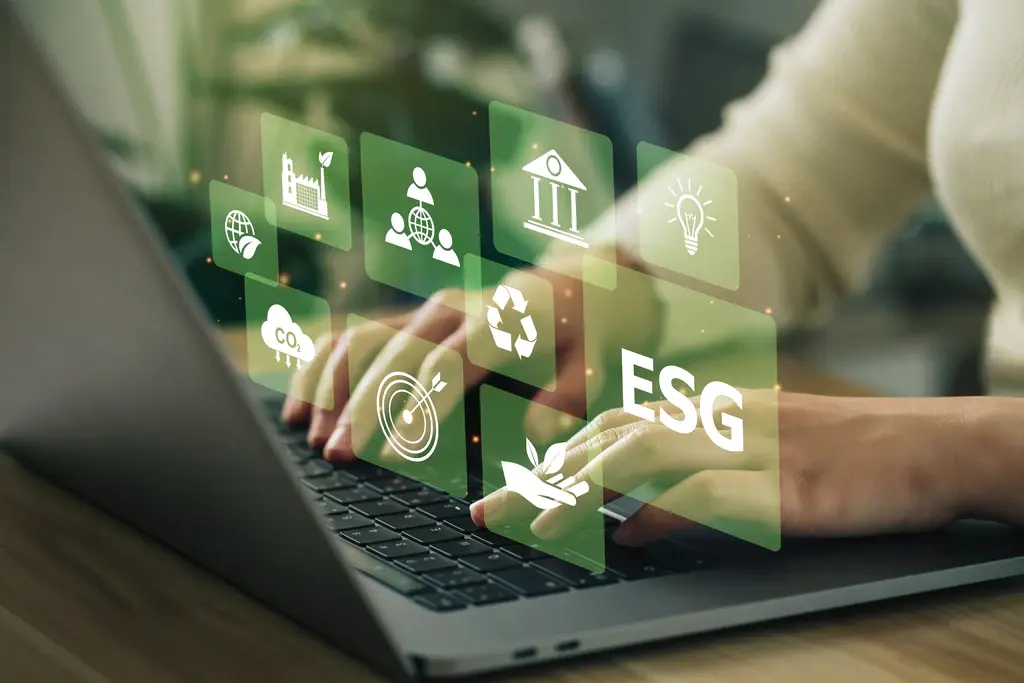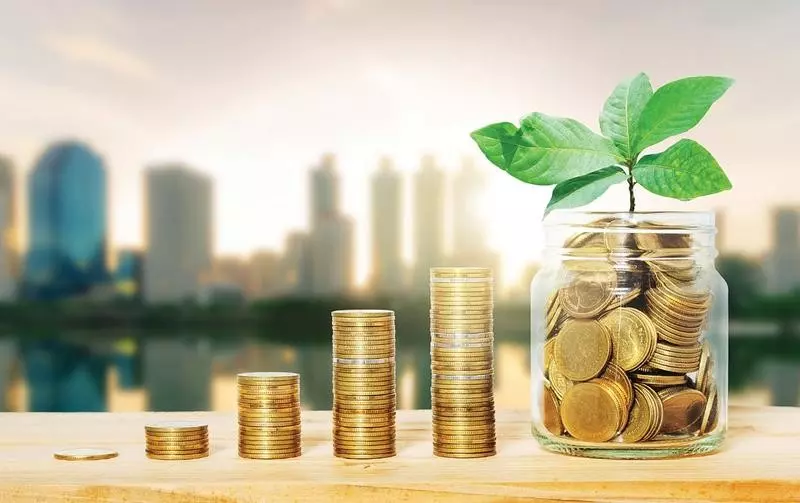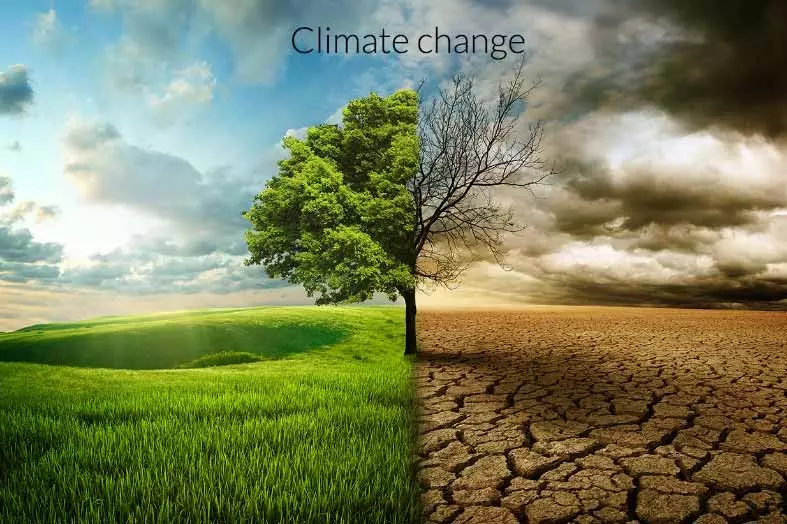More and more, consumers have strong sustainability expectations from the products and services they acquire (e.g. sustainable agriculture programs, ethical audits, recycling rates, sustainable packaging, low water consumption, energy reduction, etc.). Although these can be seen by many as possible roadblocks for business, it provides forefront companies with outstanding opportunities to engage and collaborate in key growth areas.
Taking these so-called challenges and translating them into sustainable innovations is a smart strategy to generate new business models in this dynamic and contemporary world. Sustainability plays an essential role to enable companies to reinvent themselves on a daily basis, making them more competitive to the market.
All these opportunities can be tackled through a robust sustainable innovation approach based on 5P’s:
People: working under the principles of integrity, respect, courage, and transparency is imperative to engage people and guide sustainable development. People are at center of all activities to contribute to the foundation of the policies on sustainability, social and societal responsibility, compliance, and philanthropy. On top of a proper employee engagement in thriving sustainable innovation in their daily activities, companies should also invest in supporting local communities to advance responsible business while contributing to the UN’s Sustainable Development Goals. An example of it, it is L’Óreal Solidary Sourcing initiative in Brazil, which enables the acquisition of natural ingredients while supporting the growth of local communities.
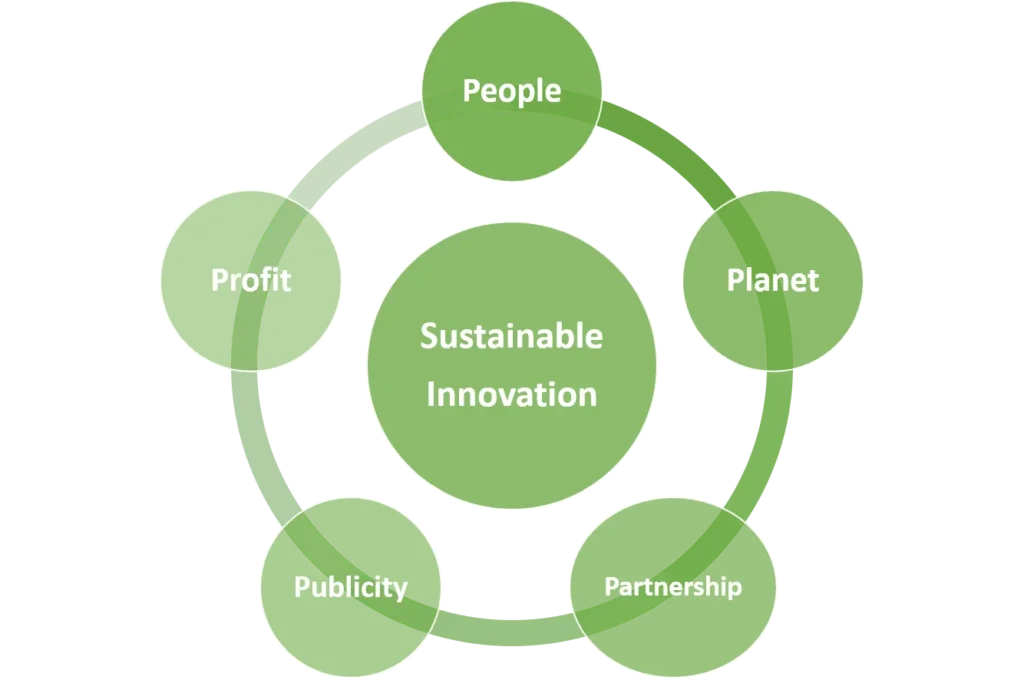
* Planet: sustainable innovation will never be possible if do not learn from nature. From agronomy and biotech to green chemistry and formulation, innovation of products (e.g. personal care) and services must be well thought out considering sustainable cultivation of ingredients, extracting the best that nature has to offer in an environmentally friendly way. This is how the power of cutting-edge technological processes can support these initiatives, as exemplified by the Green Sciences program from L’Óreal. Utilizing our natural resources in a responsible manner and employing the fundamentals of science for sustainable product development, allows the whole industry to provide not just more natural and less chemical products and services, but also safer and more effective solutions.
* Partnerships: generating an integrated framework for thinking and structuring shared value in terms of service, resources, know-how, and ideas is a must have to propel sustainable innovation nowadays. Selecting partners with similar goals alignment is pivotal to thrive in the wide collaboration space that is offered today. This should also consider complementary expertise and resources, and reciprocal value proposition. As most sustainability problems are within a complex ecosystem, their innovative solutions will lie in the value chain integration for a systematic change. This may also include unforeseen partnerships, even with competitors that may complement a company’s expertise more than compete.
* Publicity: many may mistake publicizing great sustainability achievements with bragging. But there is a right way to properly communicate the advancements of sustainable innovation in order to generate awareness to the public about certain topics, engage partners to scale-up key initiatives, prospect funds to support environmental programs, and share facts to ensure people are well informed and can avoid falling in greenwashing. So, a proper sustainability communication strategy is fundamental to enhance the reach of the activities on which companies put their efforts.
* Profit: As oppose to many companies believe, there is the forthright reduction of costs associated with a company properly reducing its carbon and water footprints, as these typically mean reduced utility costs. Additionally, there are the growing expectations of our customers, their consumers, and retailers around sustainability in their supply chain, which is huge arena for partnership opportunities. Finally, investing in sustainability programs can support companies in mitigating risks that might be outside of the normal scope of their enterprise risk management program, while generating new doors to explore new business models, thus new sources of revenues through sustainable innovation. Companies that succeed and are profitable with sustainable business models will then pave the way for other sustainable actors arising across the value chain.
Fostering a real mindset for transformation towards sustainable innovation is a critical step to bridge the gap between environmental issues in our ecosystem and potential solutions across the value chain.
Companies that embrace the fundamentals of these 5P’s with their business purposes will certainly be advancing partnerships, enabling faster profitability, and paving the way for sustainable businesses.
